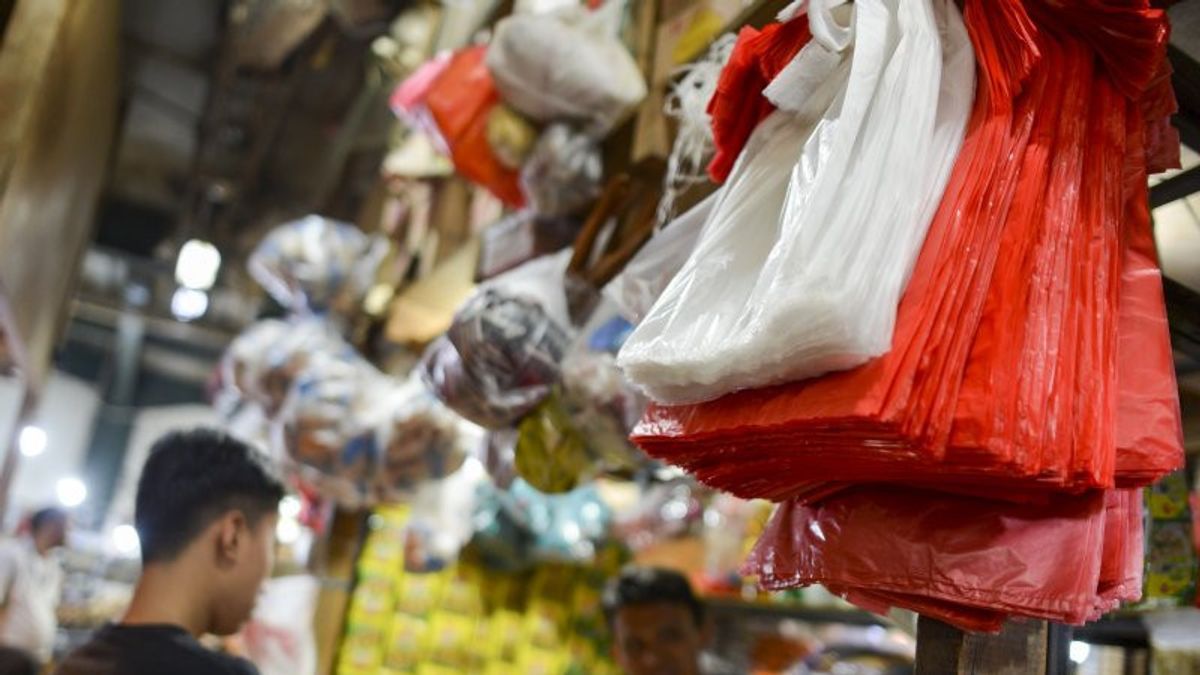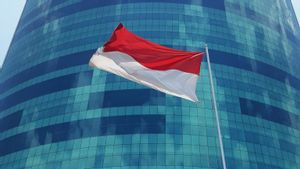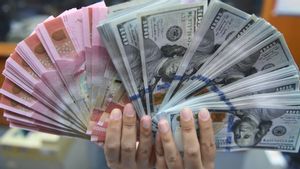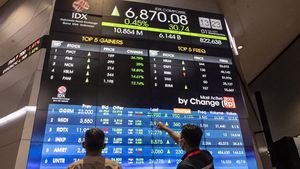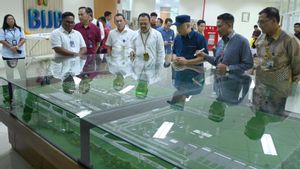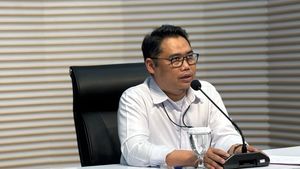JAKARTA - Food and beverage business actors have responded to the government's plan to stipulate tax levies in the form of excise duty on goods made from plastic raw materials.
General Chairman of the Association of Indonesian Food and Beverage Entrepreneurs (Gapmmi) Adhi S. Lukman said that the government should not take shortcuts in solving plastic problems in the country by imposing excise regulations.
According to him, state administrators should be able to prioritize socialization practices to the wider community before drafting tax regulations.
"It is necessary to prioritize education to consumers and the public, such as the simultaneous national movement regarding plastic," he told VOI, Friday, December 24.
Adhi added, if this has been established, there will be widespread awareness of the importance of maintaining the use of plastic as well as potentially creating economic opportunities.
“For plastic, for example, education will create a culture of not littering. In addition, it is necessary to encourage the recycling industry. What is clear is that this is all related to waste management,” he said.
As previously reported by VOI, the government has set the 2022 period as the beginning of the implementation of plastic excise and sweetened drinks. The mandate is contained in the 2022 State Budget Law in the derivative regulation of Presidential Regulation 104/2021.
It is stated that the levy for plastic is Rp. 30,000 per kilogram or Rp. 200 per sheet of plastic. Meanwhile, for sweetened drinks such as packaged tea, soda, coffee, energy drinks, and concentrates, it is planned to impose an excise duty of Rp. 1,500 to Rp. 2,500 per liter.
The English, Chinese, Japanese, Arabic, and French versions are automatically generated by the AI. So there may still be inaccuracies in translating, please always see Indonesian as our main language. (system supported by DigitalSiber.id)
